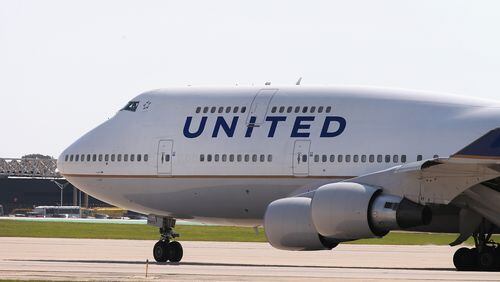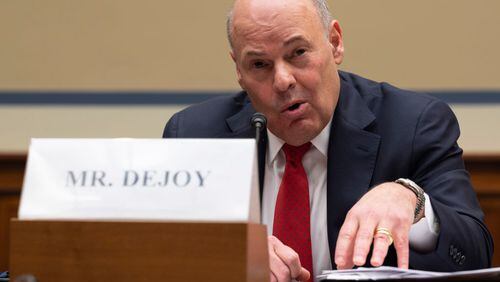On Sunday, a man was forcibly removed from a United Airlines flight bound from Chicago to Louisville. When a video of the incident inevitably hit social media, reaction was swift.
Viewers who saw the screeching man being dragged down the aisle on his back by a law enforcement official -- and later his bloodied face -- heaped criticism on United.
By Tuesday, it was clear, United had joined the ejected passenger as one of the battered and bruised.
The carrier's stock is dropping -- hovering between a decline of 3.7% and 4.0% -- as of Tuesday afternoon which, according to MarketWatch, could put an $830 million dollar dent in market capitalization if the action continues in the same direction by close of business.
The social media skewering of United is clearly having an impact on investors who think business could suffer as a result of the incident.
On Twitter, the trending #NewUnitedAirlinesMottos showed just how far the public feels the airline has sunk:
Businesses, even major corporations like United, are still learning how to respond to social media attacks and public relations experts were quick to suggest that United had the wrong response.
On Monday, Oscar Munoz, CEO of United, apologized on Twitter for having to "re-accomodate" customers. But his words only seem to have increased vitriol from the public.
Sean Standberry, co-founder of Atlanta-based Lyfe Marketing said his company offers businesses a three-step approach to recovering from social media fallout: sincerity, transparency and consistency.
"I think the best thing to do is confront the problem at hand," he said in a previous interview with the AJC . "It takes time," he said, "but more than anything you want to show you are moving forward and...showing who you really are."
About the Author







